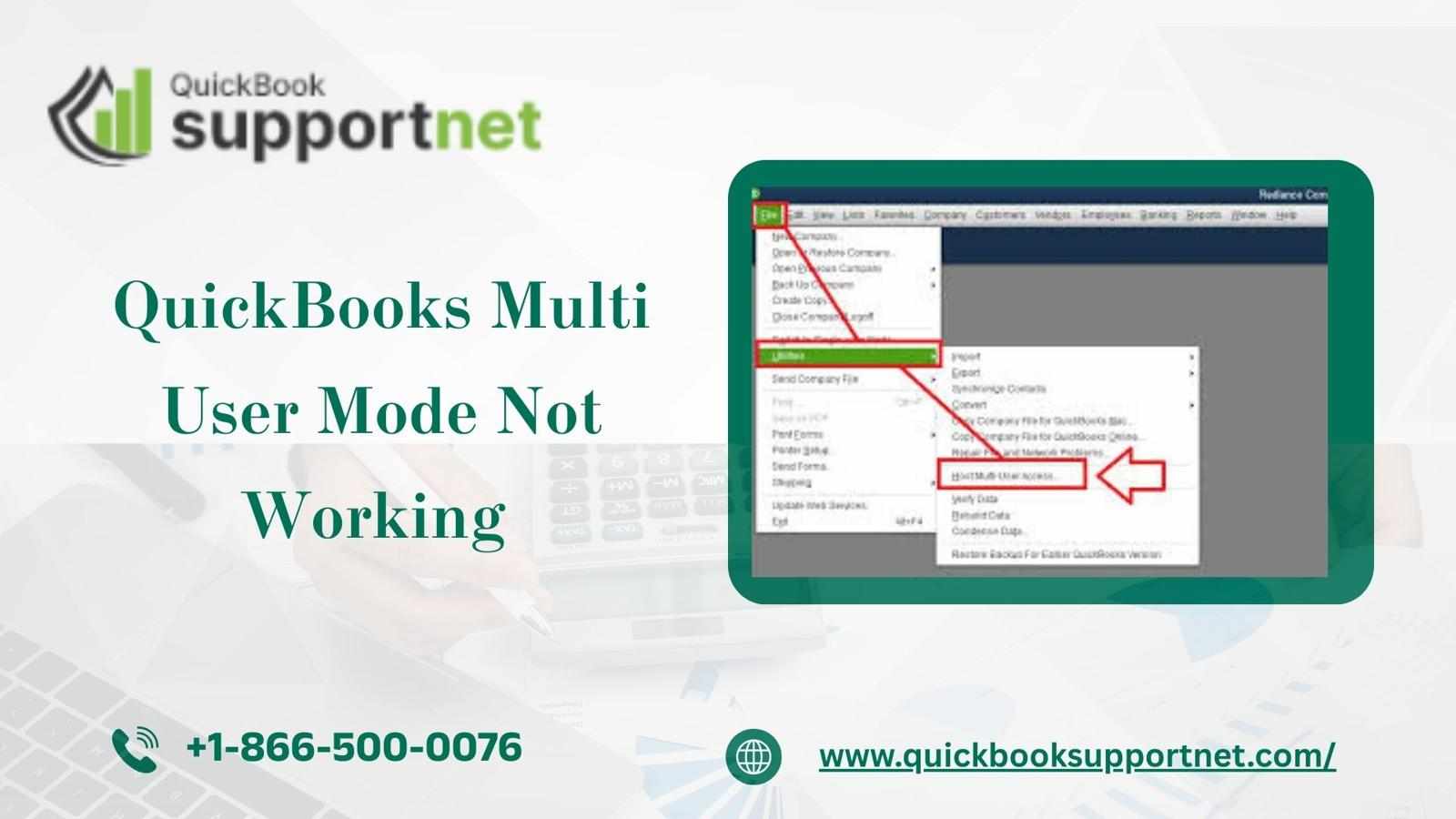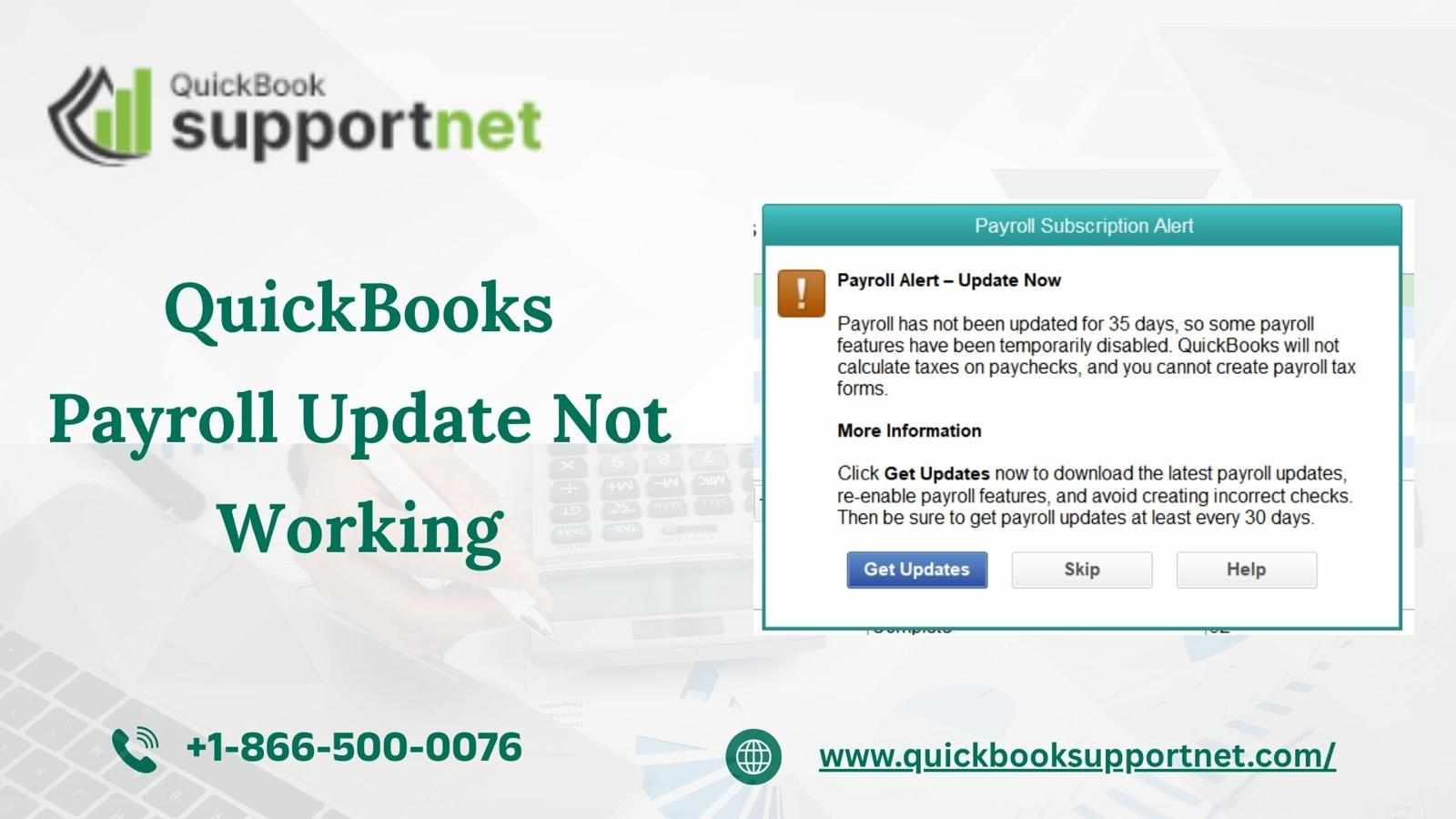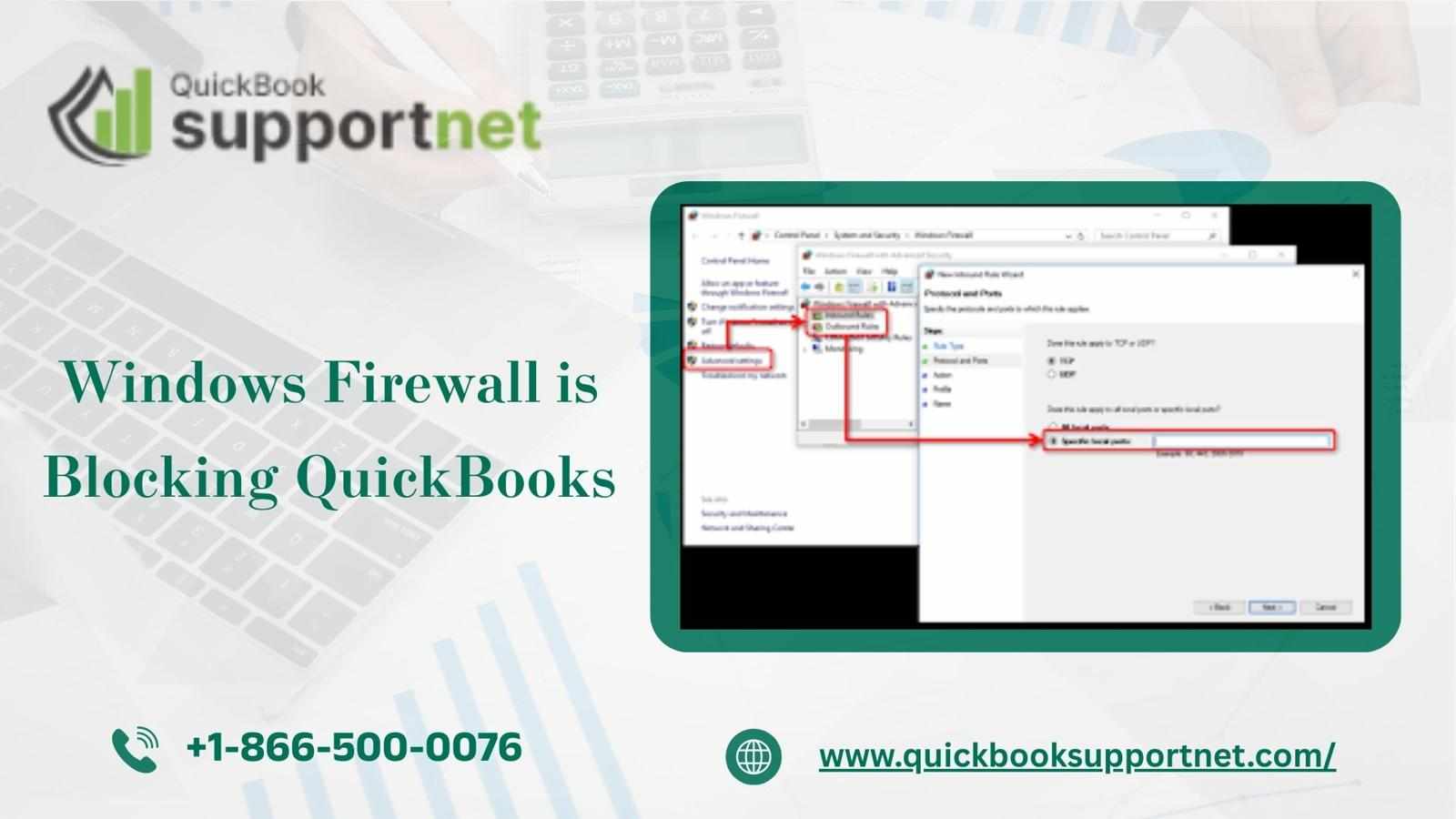QuickBooks Payroll is a powerful tool designed to handle everything from employee paychecks to tax deductions seamlessly. But when you discover that QuickBooks Payroll not calculating taxes, it can disrupt your payroll process, create compliance issues, and cause unnecessary stress.
If your QuickBooks is not calculating payroll taxes, the issue could stem from outdated tax tables, incorrect employee setups, or configuration errors within your payroll system. The good news? This problem is fixable with the right steps.
In this guide, we’ll explore all the possible causes, solutions, and preventive tips for payroll taxes not calculating in QuickBooks Desktop, ensuring your payroll runs smoothly again.
QuickBooks Payroll not calculating taxes correctly? Here’s how to fix the issue, prevent future tax errors, and restore accurate payroll processing. Call +1-866-500-0076.

Understanding the Issue: Why QuickBooks Stops Calculating Payroll Taxes
When QuickBooks not calculating payroll taxes, the software isn’t applying tax rules correctly to employee paychecks. This can result in zero deductions for federal, state, or local taxes.
Below are the most common causes of this issue:
1. Outdated Payroll Tax Table
QuickBooks needs an updated tax table to calculate accurate tax rates. If your payroll tax table is outdated, QuickBooks cannot apply current federal or state tax rates correctly.
2. Inactive or Expired Payroll Subscription
QuickBooks Payroll requires an active subscription to access live tax updates. If the subscription has expired, the system will stop calculating taxes.
3. Incorrect Employee Tax Setup
An employee profile that lacks proper tax information (e.g., filing status, allowances, or jurisdiction) can result in zero or incorrect tax amounts on paychecks.
4. Payroll Preferences Misconfigured
Incorrect company payroll settings, such as unchecked federal or state tax options, may prevent QuickBooks from calculating taxes.
5. Manual Payroll Adjustments
If paychecks were created or edited manually, QuickBooks might skip automatic tax computations.
6. Damaged Data File
A corrupted company file can interfere with payroll data and cause miscalculations.
Read This Blog: Move QuickBooks to a New Computer
Step-by-Step Fix for QuickBooks Payroll Not Calculating Taxes
Here’s a complete step-by-step troubleshooting guide to restore accurate tax calculations in QuickBooks Desktop and Online.
Step 1: Update Payroll Tax Table
Open QuickBooks.
Go to Employees > Get Payroll Updates.
Click Download Entire Update.
Once the update installs, restart QuickBooks.
Keeping your tax table updated ensures QuickBooks uses the latest tax rules and rates.
Step 2: Verify Payroll Subscription
Open Employees > My Payroll Service > Manage Service Key.
Confirm that your payroll service is Active.
If it’s inactive or expired, renew your subscription immediately.
Without an active subscription, QuickBooks cannot access current tax data.
Step 3: Check Employee Tax Setup
Navigate to Employees > Employee Center.
Select an employee and click Payroll Info > Taxes.
Ensure “Subject to” boxes are checked for Federal, Medicare, and Social Security taxes.
Confirm state tax setup is correct.
Employee setup errors are among the top reasons for QuickBooks not calculating payroll taxes.
Step 4: Verify Payroll Preferences
Click Edit > Preferences > Payroll & Employees.
Go to the Company Preferences tab.
Make sure all relevant payroll and tax settings are enabled.
Step 5: Run Verify and Rebuild Utilities
Data corruption can silently affect your payroll functions.
Go to File > Utilities > Verify Data.
If QuickBooks finds issues, run File > Utilities > Rebuild Data.
Reopen the company file and recheck payroll.
Step 6: Delete and Recreate Paychecks
If taxes are missing on a specific paycheck:
Delete the incorrect paycheck.
Recreate it through Pay Employees.
Review the taxes before saving.
Step 7: Review Payroll Item List
Go to Lists > Payroll Item List.
Check that all federal, state, and local tax items are active and configured properly.
Advanced Solutions for Payroll Taxes Not Calculating in QuickBooks Desktop
If the issue persists, try these advanced troubleshooting methods:
Manually reinstall payroll updates to ensure all tax rates are refreshed.
Reset QuickBooks updates by clearing the update cache and downloading them again.
Run Quick Fix My Program from QuickBooks Tool Hub to repair minor program errors.
Repair QuickBooks Installation using Control Panel > Programs > QuickBooks > Repair.
Still facing issues? Contact certified experts at +1-866-500-0076 for guided troubleshooting and professional resolution.
Prevent Payroll Tax Calculation Issues in QuickBooks
Once resolved, take preventive steps to keep payroll tax errors from returning:
Regularly update QuickBooks and payroll tax tables.
Verify employee and company data before every payroll run.
Avoid manual paycheck edits that override automatic tax calculations.
Perform data verification monthly.
Back up your QuickBooks company file regularly.
These best practices keep your payroll accurate and compliant at all times.
Conclusion
When QuickBooks is not calculating payroll taxes, it can disrupt business operations and cause financial inaccuracies. Fortunately, the problem is fixable through proper updates, settings verification, and data repair. However, if you’ve tried all the steps and still face the issue, don’t hesitate to contact experts at +1-866-500-0076.
Read More: Top Ways to Set Up QuickBooks Antivirus Exclusions for Better Performance

![QuickBooks Desktop Pro 2024 Download & Installation Guide [2025]](https://stck.me/static/site/client/assets/no-image-58ac9749.png)








Write a comment ...